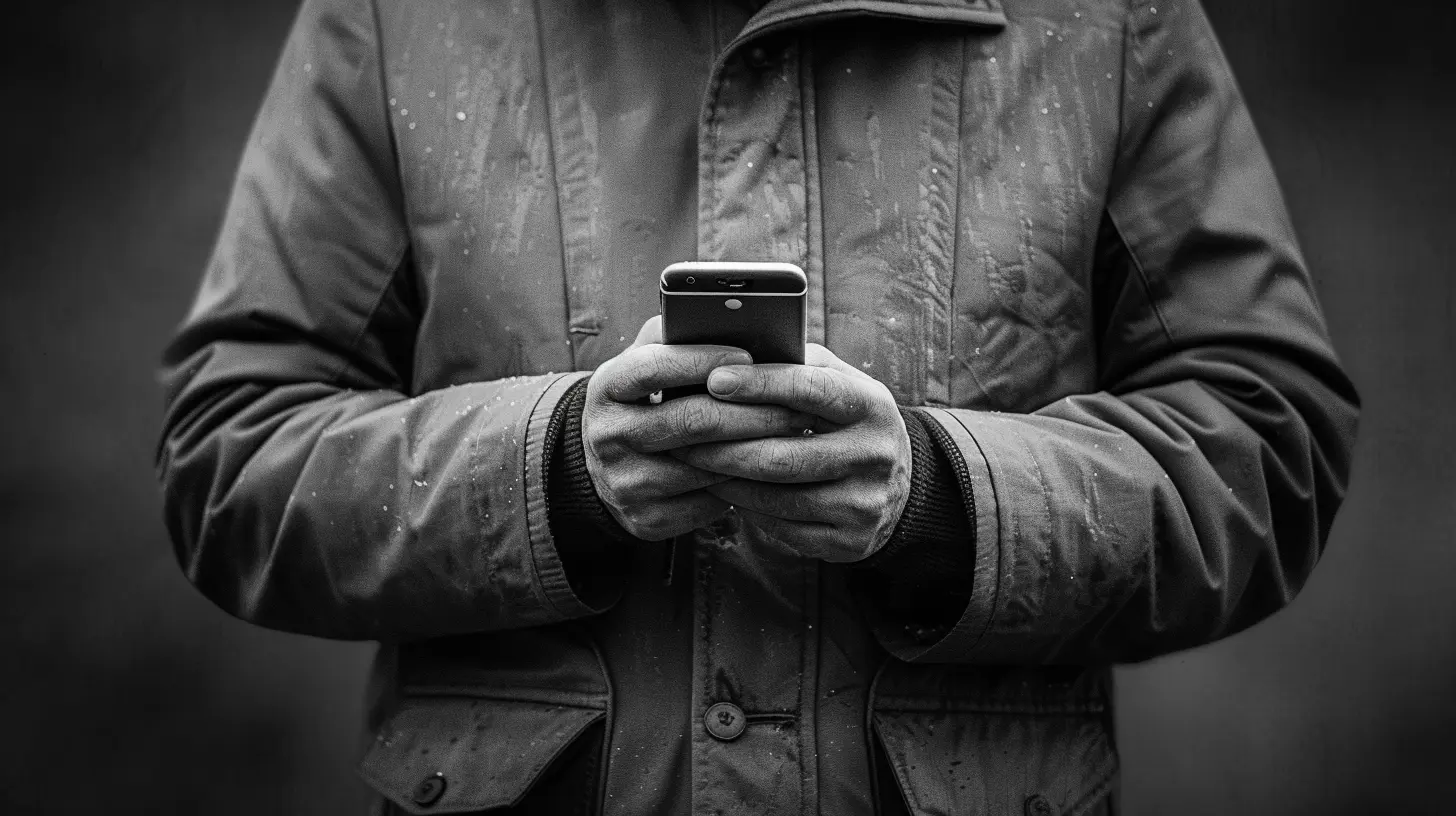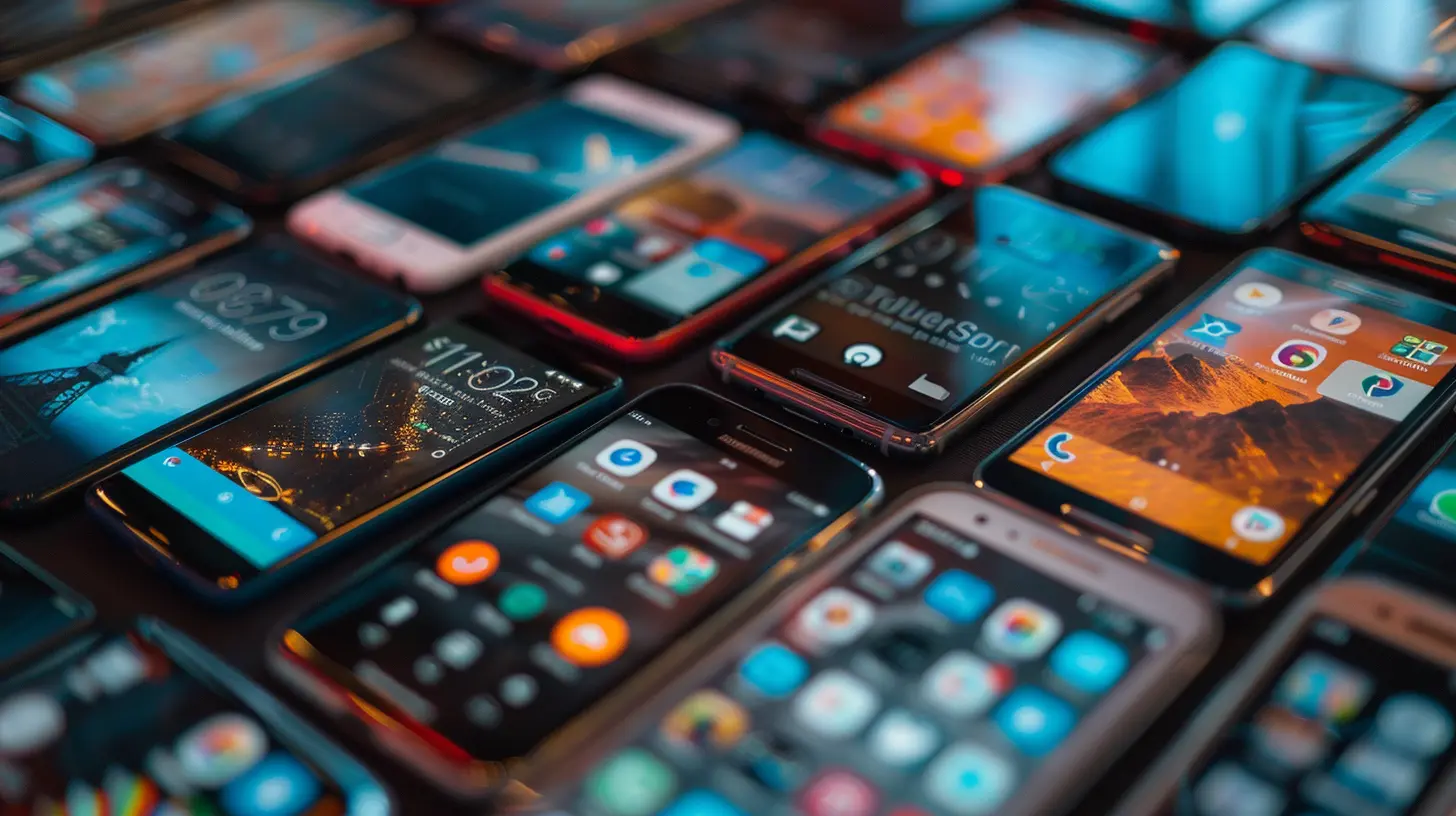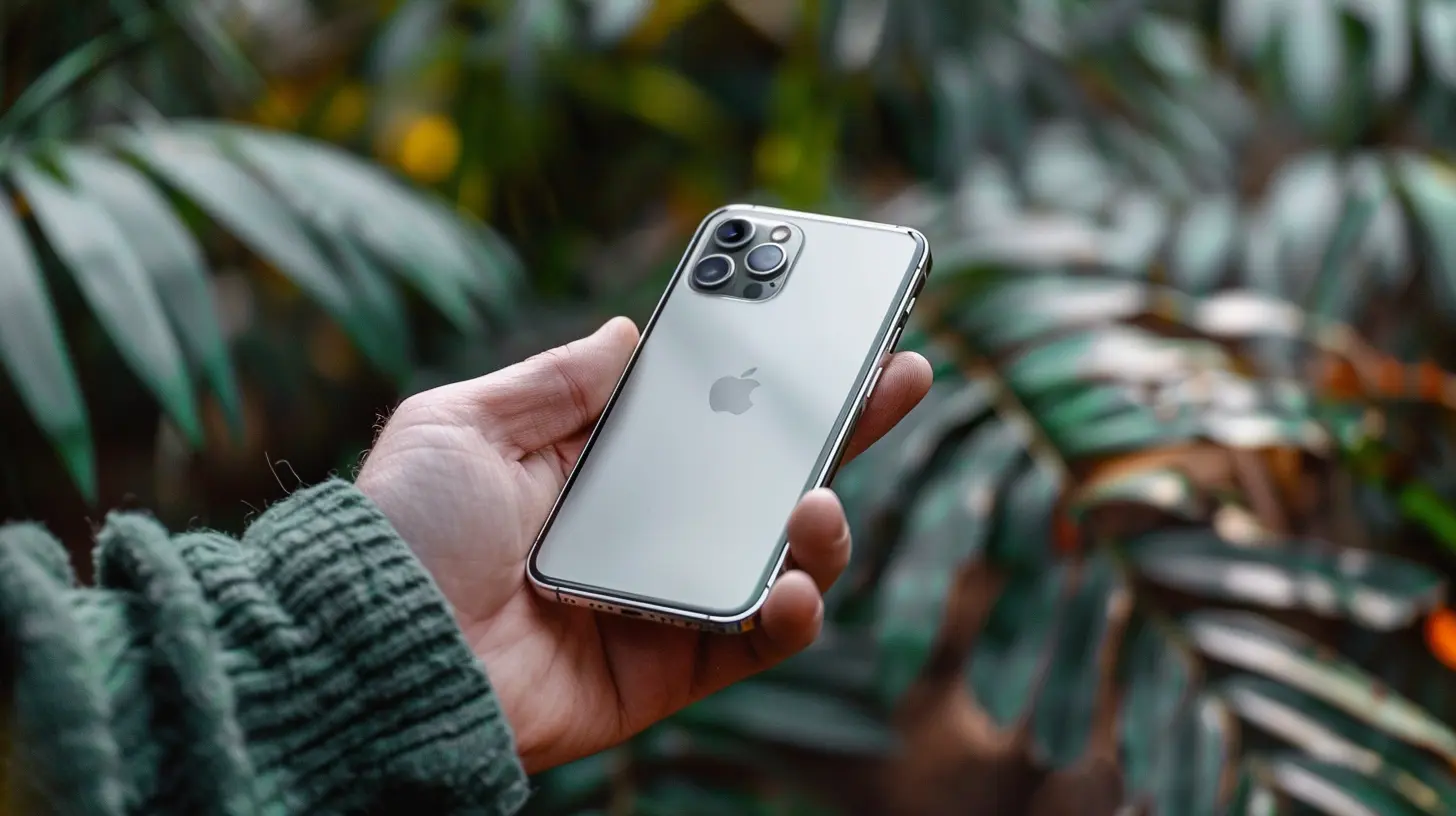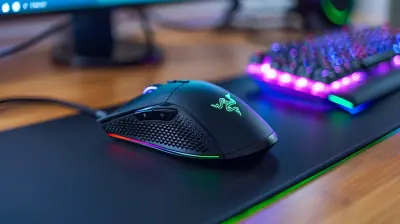20 February 2025
In today’s fast-paced, tech-savvy world, our smartphones have become extensions of ourselves. From checking emails, managing finances, to staying connected with loved ones, these pocket-sized gadgets store our entire digital lives. But as convenient as they are, mobile devices are also prime targets for cybercriminals. Hackers, malware, and phishing scams lurk in the shadows of the internet, waiting to pounce on unprotected devices. Scary, right?
Well, it doesn’t have to be! With the right knowledge and a few precautions, you can turn your phone into a digital fortress. So, let’s dive into everything you need to know about mobile security and learn how to protect your device in this increasingly connected world.

Why Is Mobile Security Important?
Think about it—your smartphone probably holds some of your most sensitive information: bank accounts, personal messages, social media profiles, and maybe even your health data. It’s like carrying around a tiny vault filled with your personal treasure.Now imagine if someone got access to it. They could drain your bank account, steal your identity, or even blackmail you. Yikes! That’s why mobile security is not just important, it’s essential.
In a world where our lives are becoming more and more digital, protecting our devices from cyber threats should be a top priority.

Common Mobile Security Threats
Before we get into how to protect your device, let’s first take a look at some of the most common mobile security threats. Knowing what you’re up against is half the battle, after all.1. Malware and Viruses
Just like your computer, your smartphone can get infected with malware. This malicious software can steal your personal information, track your location, and even remotely control your device. There are different types of malware, including:- Ransomware: Locks your phone or encrypts your data until you pay a ransom.
- Spyware: Secretly monitors your activities and sends the data to hackers.
- Trojans: Disguised as legitimate apps but harm your device once installed.
2. Phishing Scams
Phishing attacks typically come in the form of fake emails, texts, or websites designed to trick you into giving up your personal information. You might receive a message that looks like it’s from your bank, asking you to verify your login credentials. Once you hand over the info, hackers can swoop in and steal your identity or funds.3. Unsecured Wi-Fi Networks
Public Wi-Fi networks are convenient but risky. Hackers can easily intercept the data you send over these networks, including your passwords, messages, and even credit card information. Connecting to an unsecured network is like leaving your front door wide open.4. Out-of-Date Software
Is your phone nagging you to install a software update? Ignoring it can leave your device vulnerable. Software updates often include patches for security vulnerabilities that hackers can exploit. Outdated software is basically an invitation for cybercriminals to come knocking.5. App Permissions
Ever downloaded an app and mindlessly clicked "Allow" on every permission request? Some apps require access to things like your camera, microphone, contacts, and location, but certain permissions can be exploited to invade your privacy. It’s like giving a stranger the keys to your house without asking why they need them.
How to Protect Your Mobile Device
Now that we’ve covered the threats, let’s focus on how to protect your phone. Here are some simple yet effective steps you can take to bolster your mobile security.1. Use Strong Passwords and Biometrics
Creating a strong password is your first line of defense against unauthorized access. Avoid using easy-to-guess passwords like "123456" or "password." Instead, use a combination of letters, numbers, and symbols. Better yet, use a password manager to generate and store complex passwords for you.Don’t forget about biometrics! Features like fingerprint recognition and facial recognition add an extra layer of security that’s hard to beat. These technologies make it nearly impossible for anyone besides you to unlock your device.
2. Turn On Two-Factor Authentication (2FA)
Two-factor authentication (2FA) is like adding a deadbolt to your front door. Even if someone gets hold of your password, they’ll still need a second form of verification (like a one-time code sent to your phone) to access your accounts. Make sure to enable 2FA on your most sensitive accounts, including your email, banking apps, and social media.3. Install Security Software
Antivirus software isn’t just for your computer! Mobile security apps can scan for malware, block malicious websites, and even help you locate your phone if it’s lost or stolen. Some popular options include Avast Mobile Security, Norton Mobile Security, and McAfee Mobile Security. Think of them as the bodyguards for your phone.4. Be Wary of Public Wi-Fi
As tempting as it is to hop on free Wi-Fi at your favorite coffee shop, think twice before doing so. Public Wi-Fi networks are breeding grounds for hackers. If you must use public Wi-Fi, consider using a Virtual Private Network (VPN) to encrypt your data. A VPN acts like a secure tunnel between your device and the internet, making it much harder for cybercriminals to snoop on your activities.Also, avoid accessing sensitive information (like online banking) when connected to public Wi-Fi. It’s just not worth the risk!
5. Update Your Software Regularly
We all know how easy it is to ignore those pesky software update notifications, but don’t! Keeping your phone’s operating system and apps up to date is crucial for maintaining your security. Developers are constantly finding and fixing vulnerabilities, so installing updates ensures you’re protected from the latest threats.Pro tip: Set your phone to automatically update its software so you never miss a critical patch.
6. Limit App Permissions
Before you download an app, check the permissions it’s asking for. Does a simple flashlight app really need access to your contacts or location? Probably not. Be mindful of what you’re allowing, and only grant permissions that are absolutely necessary for the app to function.You can also go into your phone’s settings and manually adjust app permissions. Regularly reviewing and revoking unnecessary permissions can help safeguard your privacy.
7. Use Encryption
Most modern smartphones come with built-in encryption, but it’s worth double-checking that it’s enabled. Encryption scrambles your data, making it unreadable to anyone who doesn’t have the decryption key (i.e., you). This means that even if your phone is stolen, the thief won’t be able to access your data without your password or biometric login.8. Enable Remote Wipe
Imagine losing your phone with all your personal data on it. Horrifying, right? But if you’ve enabled remote wipe, you can erase all the data on your phone from a distance. Both iOS and Android devices have this feature built in, so make sure it’s turned on. It’s like having a self-destruct button for your data!9. Be Cautious of Suspicious Links and Emails
We’ve all received those sketchy emails or texts asking us to click a link. If something feels off, trust your gut. Hover over links to see the full URL before clicking, and if you’re unsure whether an email is legit, contact the sender directly (but not through the email itself). When it comes to phishing attacks, it’s always better to be safe than sorry.10. Backup Your Data
No matter how secure your device is, there’s always a chance something could go wrong. That’s why regular backups are essential. You can use cloud services like Google Drive, iCloud, or OneDrive to keep your data safe. In the event that your phone is lost, stolen, or compromised, you’ll still have access to your important information.
Conclusion
In a world that’s becoming increasingly connected, mobile security is no longer optional—it’s a necessity. Cybercriminals are constantly evolving, but so are the tools and strategies we can use to stay one step ahead.By practicing good mobile hygiene—like using strong passwords, enabling two-factor authentication, and staying cautious of phishing scams—you can protect yourself from the majority of threats out there. Remember, your phone is more than just a gadget; it holds your personal, financial, and sensitive data. Treat it like the digital safe that it is!
Stay vigilant, stay safe, and keep your device secure in this connected world.












Monique Stone
Great insights! It's fascinating how mobile security is increasingly vital in our interconnected lives. I'm curious about the emerging technologies and strategies that can enhance protection against evolving threats. How do you see the balance between convenience and security shaping user behavior in the future? Looking forward to more discussions on this topic!
March 20, 2025 at 8:28 PM